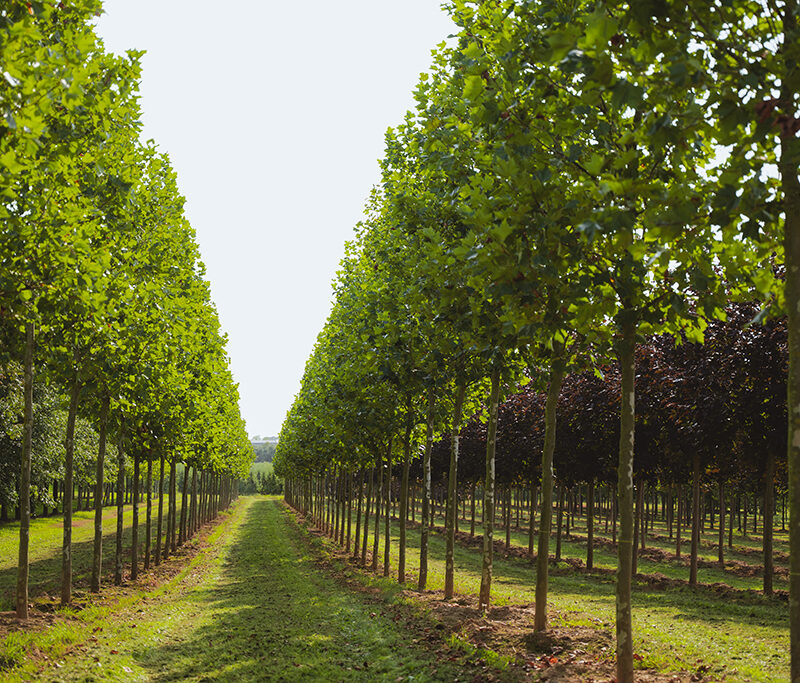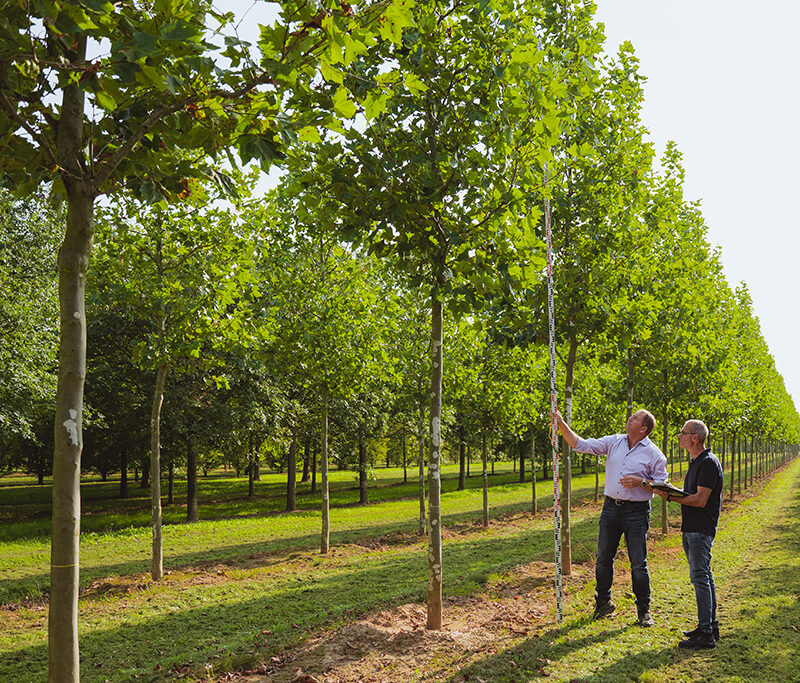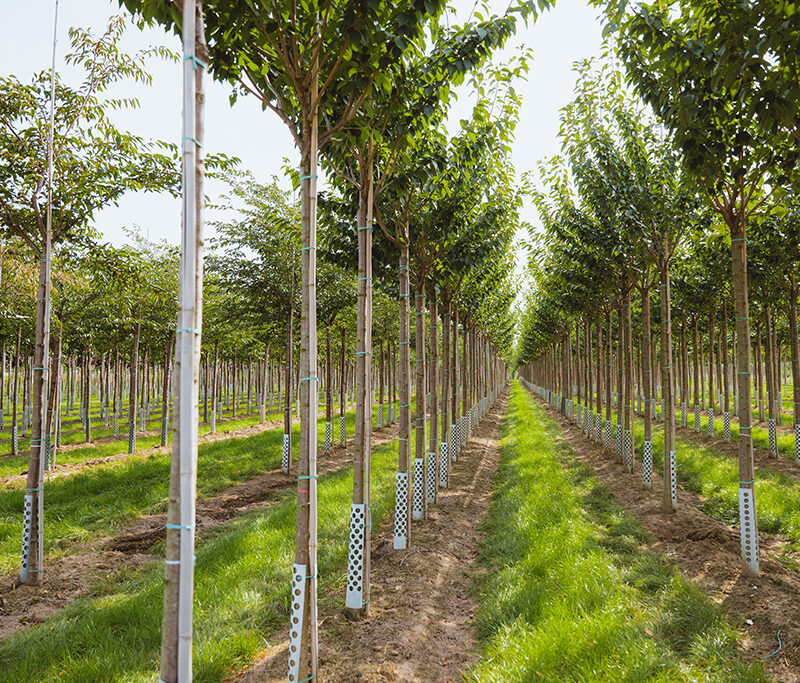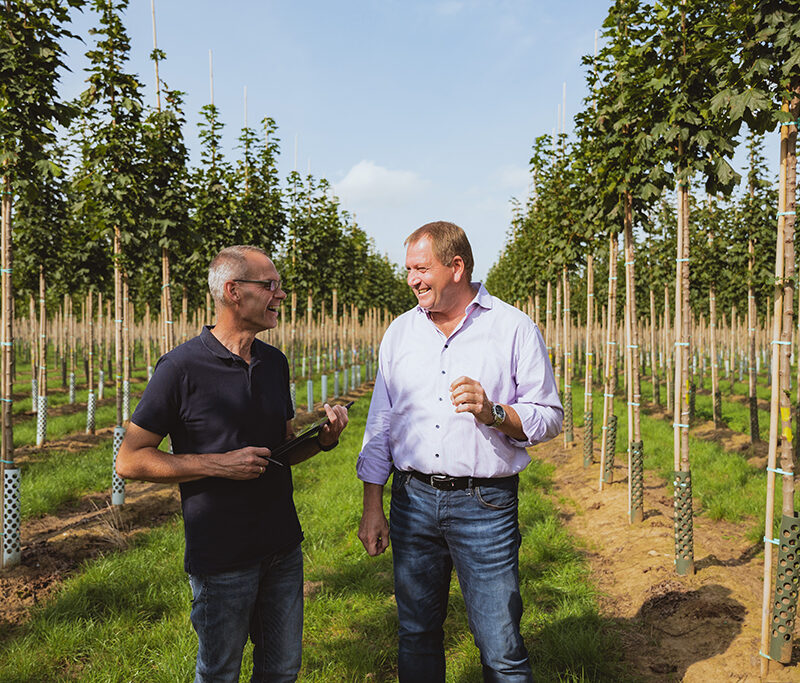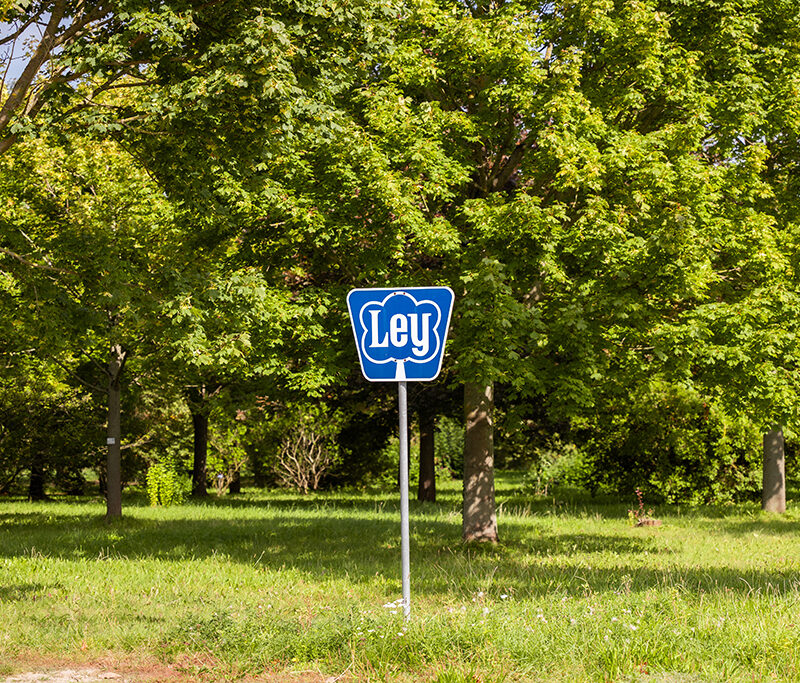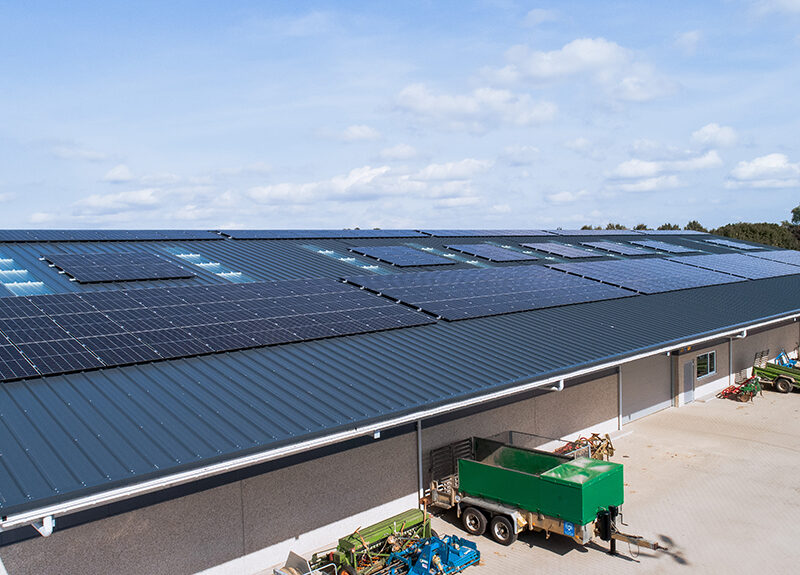What began in 1891 on half a hectare of farmland has developed over the decades into one of Europe’s leading tree nurseries. Baumschule Wilhelm Ley now cultivates a wide range of varieties on over 500 hectares of loess-loam soil.
Spotlight on our members: Baumschule Ley
Meckenheim, Germany
The most important facts at a glance.
Our members are more than just facts and figures for us.
Wilhelm Ley GmbH produces a wide range of avenue, street and flowering trees, solitary shrubs, solitary conifers and fruit trees. The range includes over 600 species of trees and shrubs and more than 120 fruit varieties. The production area spans over 500 hectares, and around 450,000 plants are planted and transplanted each season. Deliveries are carried out throughout Europe by forwarding agents and our own fleet of trucks. Since the 1920s, Baumschule Wilhelm Ley has successfully trained over 500 gardeners.
Q and A
Our members’ concerns are our concerns.
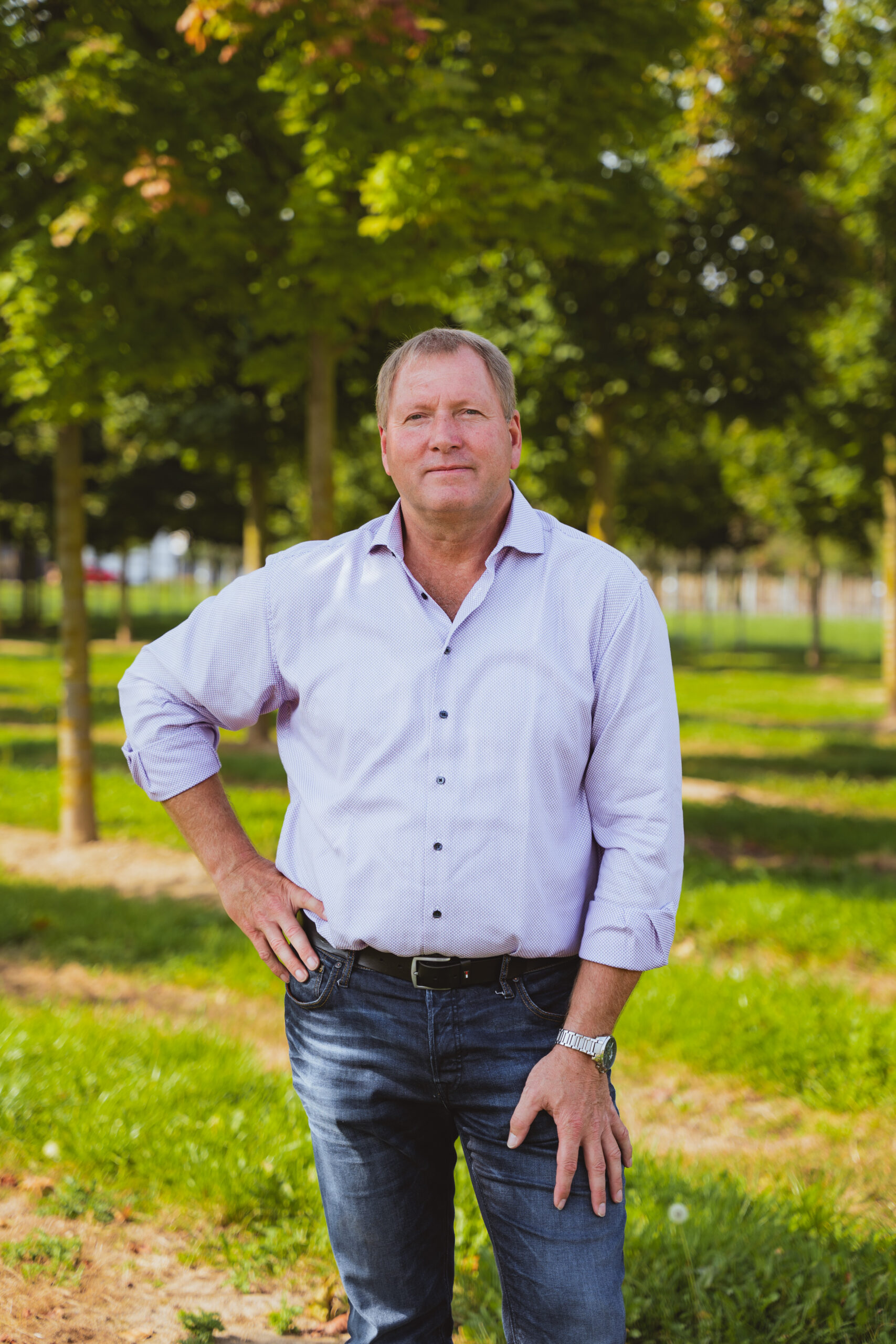
Christoph Dirksen
Executive director of Baumschule Ley
1. What are your responsibilities and tasks and how long have you been doing this job?
I have been working at Baumschule Wilhelm Ley for 30 years and am now the executive director. I am also chairman of the board of the North Rhine-Westphalian Baumschulverband.
2 What are the main benefits of the work you do?
Trees can be used to change landscapes, reforest woodlands in a very short space of time, make the world greener and therefore better.
3. In your opinion, what makes your company special?
We produce the trees for the inner cities of tomorrow. The trees in turn produce oxygen and play an enormous role in the fight against climate change.
4. Who are your customers and where can your products be found?
Our customers include other tree nurseries as well as cities and municipalities, horticulturalists and landscape gardeners. We sell our trees all over Europe and they can be found, for example, at Disneyland Paris or at the London Olympics.
5 What challenges are you currently faced with in your daily work?
We are constantly working on solutions to make the long periods of drought and heat caused by climate change more sustainable for our trees, e.g. through additional irrigation. We are tackling the frequently discussed shortage of skilled workers in the industry by focusing on training ( we currently have 12 trainees) and employing more young people.
6. Which risks do you consider to be particularly critical for your business operations?
Most definitely thunderstorms, they are unpredictable. Storms are more dangerous for our trees than hail.
7. Have you ever had a damage event in your company and if so, what kind of damage was it?
We have already had several cases of damage and have always been glad that we are insured. We wouldn’t be able to sleep at night if we didn’t have insurance.
8. How have you experienced the support provided by Gartenbau-Versicherung so far?
We have always felt very well looked after; the support has been helpful and very fair. The claims process was always explained in a professional and comprehensible manner.
9. Is there anything you would like to see Gartenbau-Versicherung do in the future?
One feature we would like to see included in Gartenbau-Versicherung’s insurance cover is newly emerging species of pests. And for Gartenbau-Versicherung to support us in accessing funding opportunities, as they already began to do in 2023.
